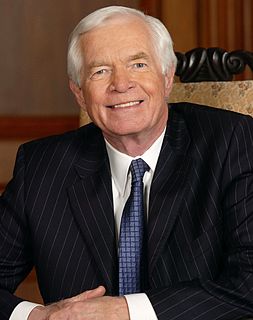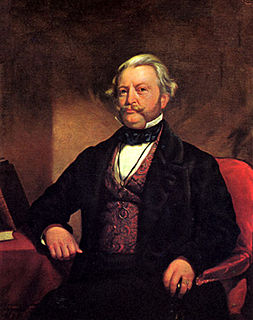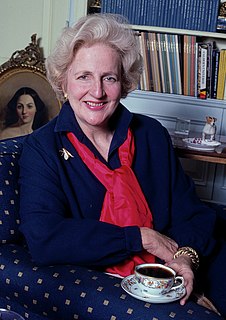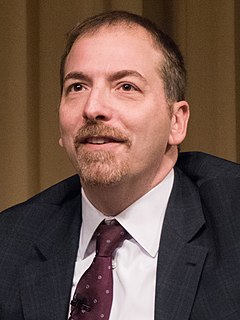A Quote by Benjamin Wittes
As a general matter, if the president wants to withdraw from a treaty, he simply gets to do that. And that's part of the powers of the office.
Related Quotes
Sometimes the difference between two candidates is an important one in the immediate sense, and then I believe trying to get somebody into office, who is a little better, who is less dangerous, is understandable. But never forgetting that no matter who gets into office, the crucial question is not who is in office, but what kind of social movement do you have. Because if you have a powerful social movement, it doesn't matter who is in office.
It seems to me to be a way to give the Clinton Administration an opportunity to sidestep the issue of whether to announce they're going to withdraw from the ABM treaty, or whether they're going to go ahead and proceed with construction and be hopeful the Russians are not going to accuse them of violating the treaty.
When the President picks someone who is his ideological soul mate, that's his right, in my reading of "advise and consent." I do think, though, the more you get up the ladder, when someone is no longer accountable to the President, and more importantly, will stay in office after the President, the standard gets tougher and tougher.
The Treaty of Lisbon gave the European parliament a stronger role as co-legislator and the European Council its own president. Furthermore, the treaty introduced checks on subsidiarity - the concept that decisions should be taken as close as possible to the citizens - in an effort to cut back on unnecessary rules and regulations.
































